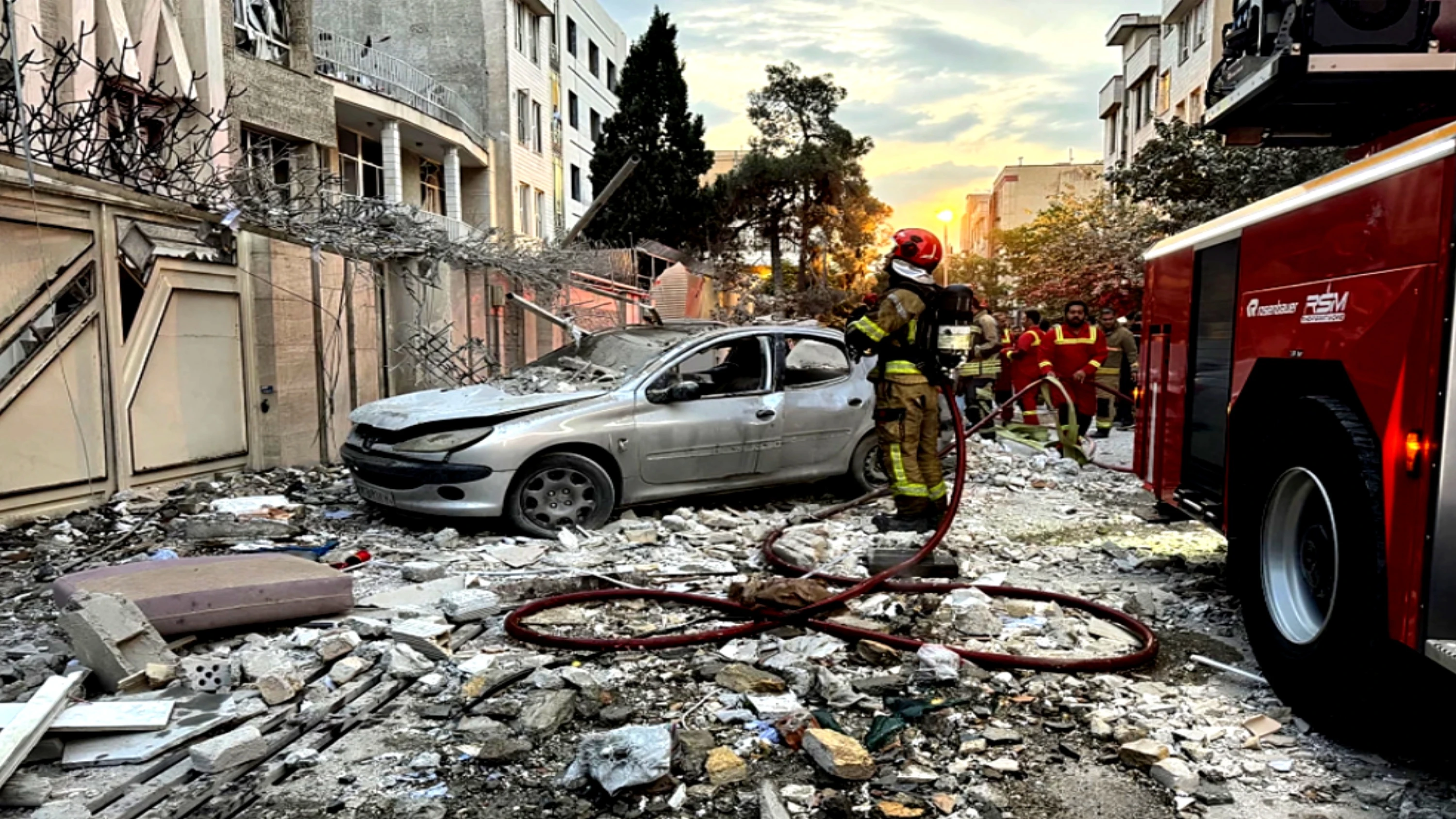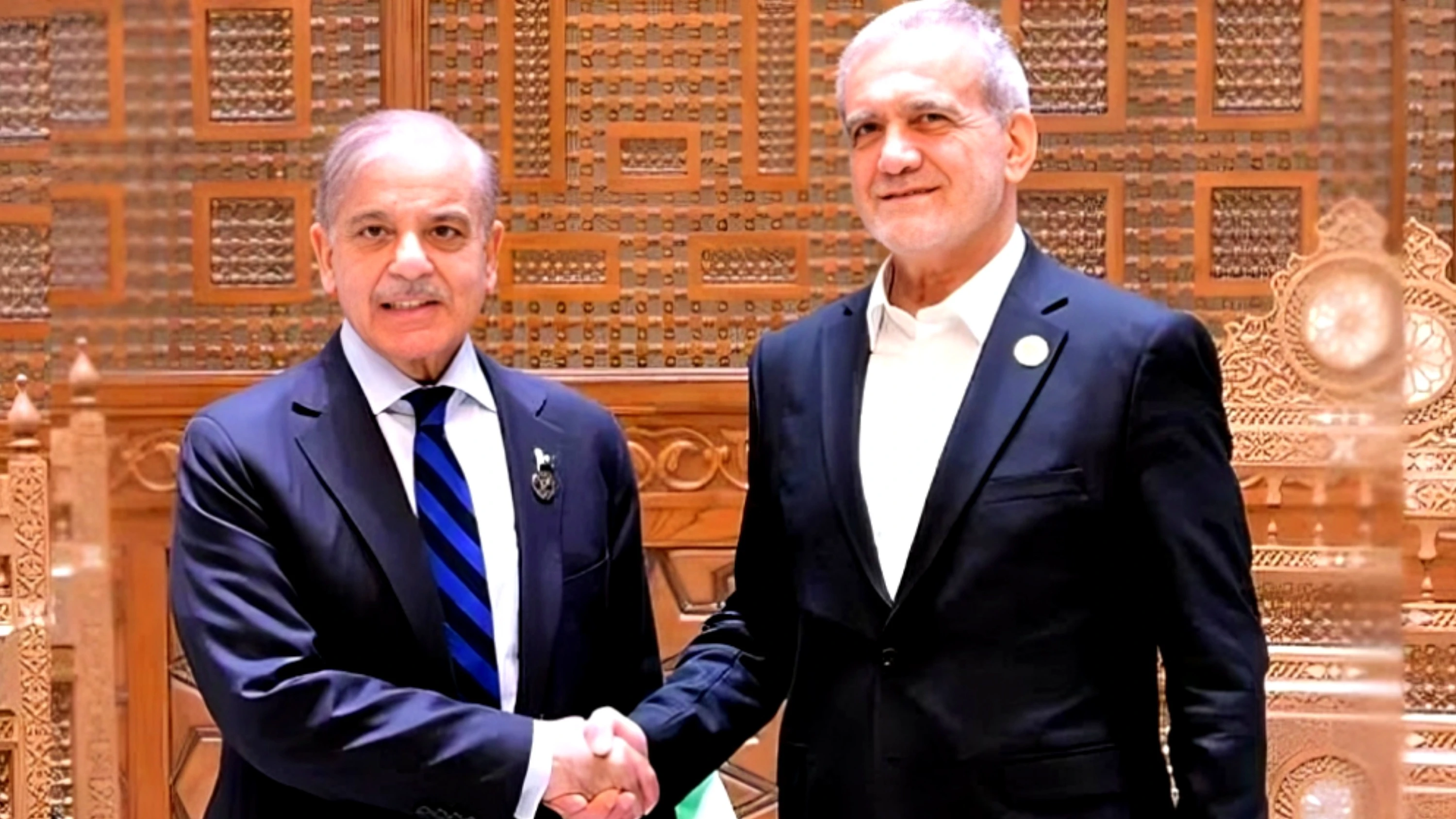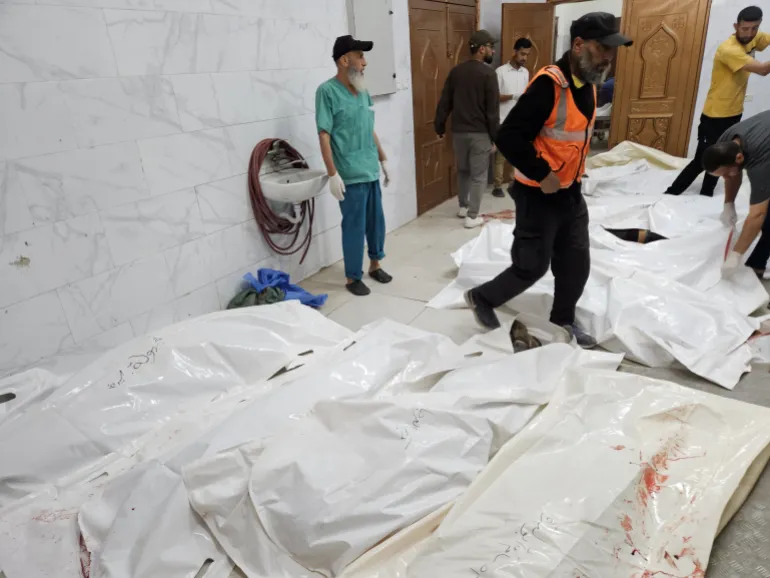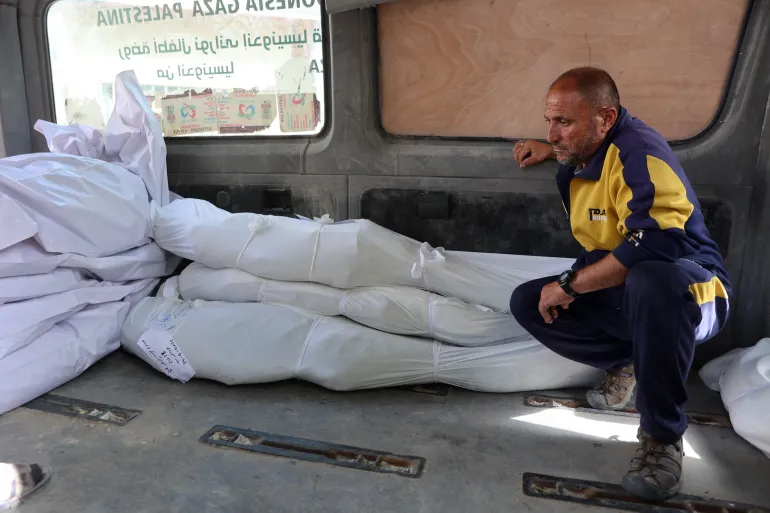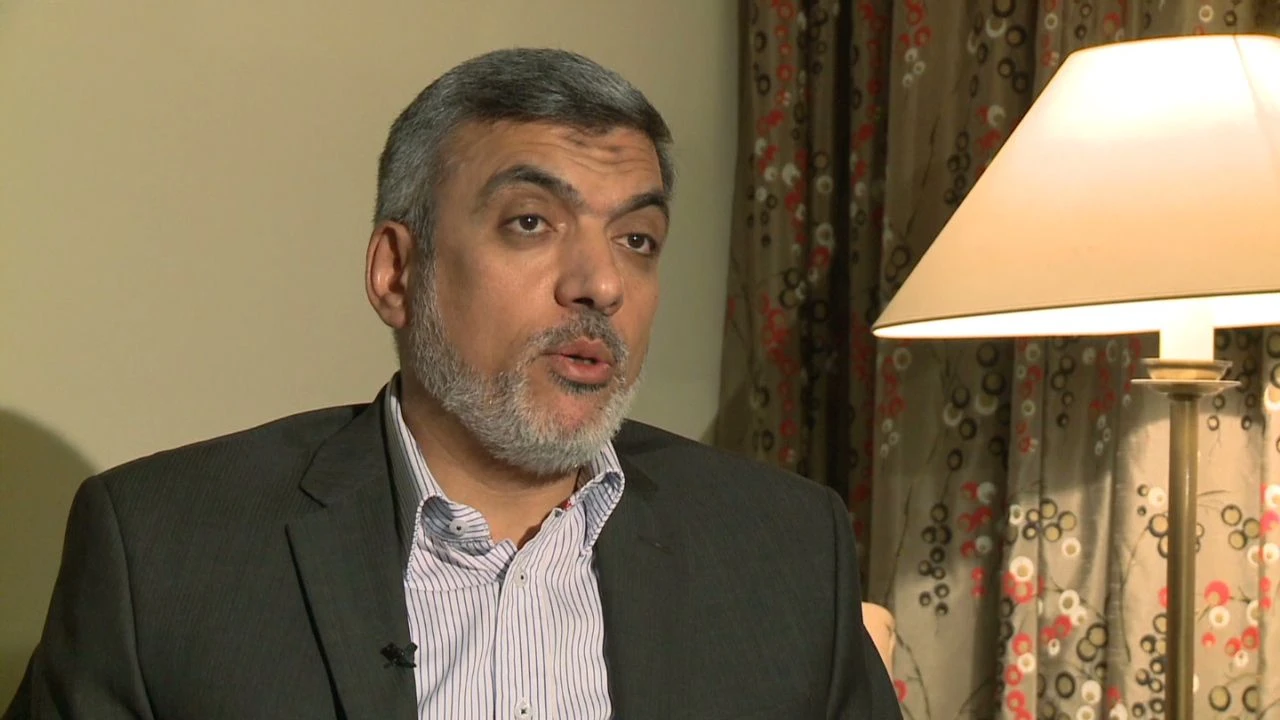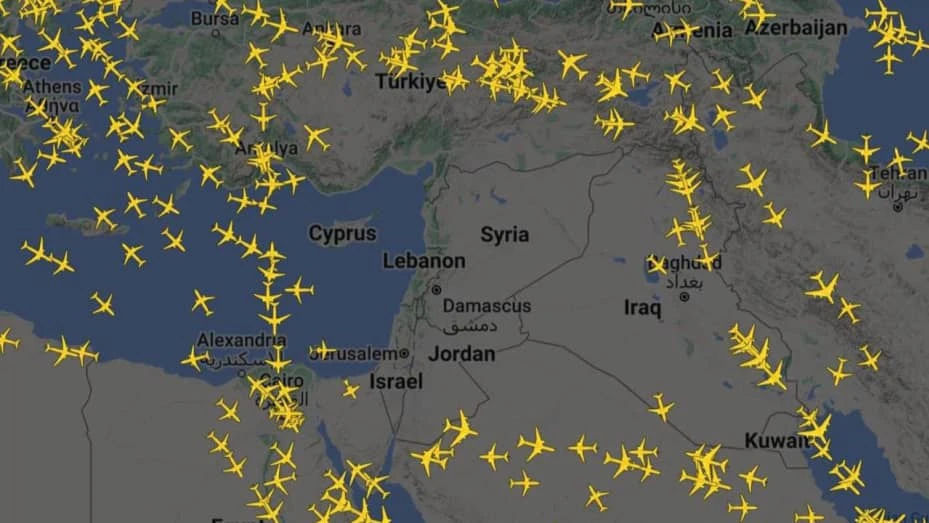Jerusalem/Tehran: In a dramatic and unprecedented escalation, Israel launched a large-scale military offensive—Operation Rising Lion—late Thursday night, targeting over 100 Iranian military and nuclear sites across Tehran, Isfahan, and other provinces. The strikes triggered a fierce retaliatory response from Iran, pushing the long-simmering shadow war between the two regional rivals into open conflict.
According to Iranian state media, the Israeli fighter jets struck key infrastructure including Iran’s nuclear facilities in Natanz, Fordow, and Arak, as well as IRGC command centers and residences of senior Iranian military commanders and nuclear scientists. Multiple massive explosions were reported near Mehrabad International Airport, and across other major cities, including Qom and Karaj.
Iranian authorities confirmed at least 80 fatalities, including senior nuclear and military figures, and over 320 injuries. Emergency services in Tehran described chaotic scenes as fires raged and hospitals struggled to cope with the influx of casualties.
Iran’s Supreme Leader Ayatollah Ali Khamenei condemned the Israeli assault as “wicked and bloody,” declaring that Israel must “expect a bitter fate.” Senior Iranian military officials warned that U.S. bases in the region could be targeted if the conflict escalates.
Israeli Prime Minister Benjamin Netanyahu, speaking from a military command center on Friday after Thursday attacks on Iran, vowed that operations would continue “as many days as necessary.
Within hours, Iran launched a powerful counterattack under the codename “True Promise 3,” targeting over 150 Israeli sites. Iranian missiles and drones struck critical infrastructure, including military installations, missile storage depots, and Ministry of Defense buildings across Israel.
The retaliatory strike unfolded in multiple waves, involving more than 150 ballistic missiles and 100 suicide drones, aimed at cities including Tel Aviv, Jerusalem, Ramat Gan, and Rishon LeZion. While Israeli air defense systems—Iron Dome and David’s Sling—intercepted many projectiles, several breached defenses, causing civilian casualties and structural damage.
Israel's emergency services reported at least five civilian deaths, including a woman in Rishon LeZion and others in Tel Aviv and Ramat Gan. More than 80 people were injured. Social media and local television broadcast images of damaged buildings, debris-filled streets, and ongoing rescue operations amid incoming threat sirens.
In a swift response early Saturday, the Israeli Air Force conducted fresh raids, striking suspected drone launch sites, air defense systems, and military facilities in Tehran and Isfahan. Explosions once again rocked neighborhoods near Mehrabad Airport, igniting fires and triggering further panic.
The United States, while reaffirming Israel’s right to self-defense, has taken a cautiously distant stance toward the initial Israeli strikes. The Trump administration issued stern warnings to Tehran not to target American interests in the region, emphasizing that Washington does not seek direct involvement in a war with Iran.
In a sign of growing regional instability, Iran, Israel, Jordan, and Lebanon all closed their airspace. Major international flights were suspended, and civilian life in both countries has been upended by sirens, blackouts, and emergency protocols. Hospitals are overwhelmed, and residents have been urged to stay in shelters.
The United Nations Security Council convened an emergency session late Friday but failed to reach a consensus. While Russia and China condemned Israel’s actions, the U.S. and several European nations called for de-escalation and restraint.
Following the retaliatory operation codenamed True Promise 3, Iran has announced the immediate suspension of nuclear negotiations with Washington, calling further dialogue “meaningless.”
Meanwhile, in a fresh statement issued after Iran’s retaliation, Israeli Prime Minister Benjamin Netanyahu addressed the Iranian people, urging civilians to “resist the tyranny of their regime.”
As the confrontation enters its second day, fears are mounting over the possibility of a broader regional war. Analysts warn that continued escalation could draw in other powers and destabilize an already volatile Middle East.
What began as covert hostility between Iran and Israel has now erupted into direct confrontation—with unpredictable and potentially catastrophic consequences.


